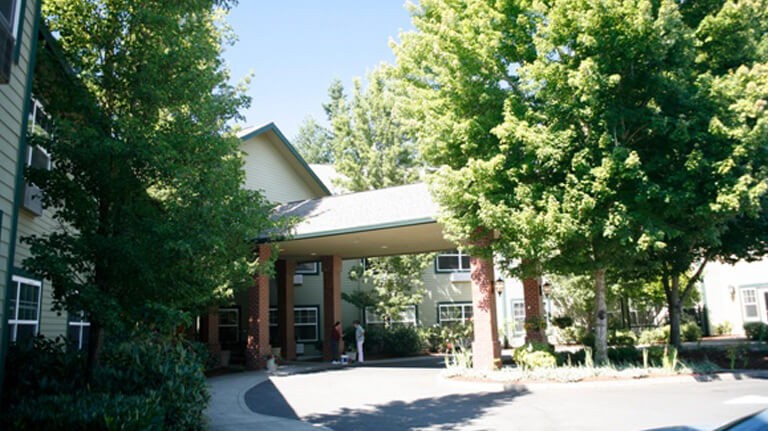
There are many options available for seniors who need long-term care. The majority of long-term care costs will be covered by a combination or several sources. These include Medicare and Medicaid, long-term insurance, as well as out-of-pocket expenses. As a person gets older, out-of pocket spending can become less important. Additionally, it is a transitional state before Medicaid coverage becomes available. Medicaid eligibility also requires that the elderly be low-income. Personal savings can become very difficult to manage and deplete quickly.
Home care
There are many options for elderly care. These services may include companionship and transportation. The assistance may be for one hour a week or twenty-four hours a day. Also, elderly care may include reminders for medications and meals. Consider hiring an in-home caregiver if your loved one requires assistance with daily activities.
Seniors are most likely to receive long-term care in the comfort of their own homes. Unpaid relatives often provide this care. In fact, 25% of American adults provided care for an elderly family member in the last 30 day. A home care arrangement allows people to live independently while still having their loved ones visit. It may not be right for everyone but home care can be an excellent option if you aren't able to provide 24-hour care to your loved one.

Nursing homes
Nursing homes can provide the level of care an older person needs. These homes are meant to provide daily care for seniors who are unable or unwilling to take care of themselves. In certain cases, an elderly person may need temporary care during illness or surgery. These facilities can also provide care for those with Alzheimer's and dementia. You can look into these options if you or someone you love is in dire need of long-term nursing.
In addition to providing 24-hour care, nursing homes also offer advanced medical care. Licensed nurses and physicians oversee patient care. A variety of tasks are performed by specially trained staff members who assist with daily living. The facility can offer intermediate or long-term skilled nursing care depending on the needs of the senior. Some facilities provide hospice and end of life care. Nursing homes are not hospitals, but they provide the level of care patients need.
Short-term care
Short-term care is a great option for those who do not require 24-hour care. This facility offers meals prepared by a professional chef as well as activities and company to residents. Short-term care facilities are available to assist residents with everyday tasks such as bathing and dressing. The community is also well-appointed, and residents enjoy the amenities and pleasant atmosphere. Because the caretaker is paid per-day, the cost of short-term nursing is often lower than that of permanent care.
Another option for seniors is nursing homes. They offer 24-hour medical care, but they can only provide day-today care. For people who need 24-hour care, nursing homes may not always be convenient. It is better to plan ahead and find an alternative facility. A short-term care center provides comfortable living space and life-changing possibilities for residents. Manda is a registered nursing nurse and a licensed Michigan administrator for nursing homes. She has extensive knowledge in all areas related to the post-acute industry.

Medicaid
If you are in need of long-term care for yourself or a loved one, you might be interested in learning about Medicaid for long-term care elderly. The government's health insurance program covers the costs of nursing home residents who are low-income. As long as seniors meet certain income limits and assets, they may be eligible for Medicaid. Although Medicaid does have certain requirements, careful planning and proper documentation can help you qualify. You must be an American citizen and have residency in the state where you want to seek help.
Medicaid includes Cash and Counseling. There are many states that have their own Medicaid programs, which may or not cover medical services. A Medicaid program usually covers personal care services. Some states offer additional benefits such as home delivery, emergency response systems, and special medical equipment. Medicaid may also pay for family caregivers and spouses to assist with the costs. But if your loved one requires more than these basic services, you should look into the Medicare program.